It’s common for people who abuse drugs to have co-occurring disorders. In fact, addiction is a mental disorder as well. Experts state that it’s easy for the brain to develop multiple mental conditions after one develops. Overall, it’s uncertain why they appear together, but some believe it’s because of a chemical imbalance in the brain.
What Are Co-Occurring Disorders?

Common Disorders That Occur With Addiction
Several mental disorders occur alongside addiction. However, experts find that chemically dependent people suffer more from anxiety and mood disorders. Many of these people develop addiction while trying to self-medicate these devastating symptoms. For example, people who suffer from anxiety may use drugs and alcohol to relax. While this may work for the time being, it does nothing to combat the real problem. Consequently, they have to continue taking drugs to treat their anxiety. Eventually, they develop an addiction because of this cycle of continual drug use. When it comes to mood disorders, the most common that occur with addiction include bipolar disorder and major depression. In terms of anxiety conditions, they include:
- Social anxiety
- Generalized anxiety disorder
- Post-traumatic stress disorder
- Panic disorder
Admitting When You Need Help
Typically, people suffering from co-existing disorders have a hard time seeing that they have a problem. It’s important to remember, however, that the problem doesn’t go away on its own. Seeking professional help is crucial and requires self-awareness. In most cases, people who suffer from co-existing disorders won’t listen to outside evidence. Friends and family can tell them that they have a problem. However, they won’t get help until they see it for themselves. Therefore, they must take a close look at their lives while sober. If they feel depression or anxiety symptoms, they could have another mental disorder as well. Next, they have to consider family history. Does depression or anxiety run in the family? If so, they have a high risk of developing the disorder too. At the very least, it’s worth visiting an expert to get an official diagnosis.
Red Oak Recovery® Is Here to Help
At Red Oak Recovery®, we offer co-occurring disorder treatment, we help people overcome addiction as well as underlying mental disorders. We know how important it is to cope with these problems in order to achieve lasting sobriety. Therefore, we provide numerous mental health treatment programs, including:
- Dual diagnosis programs
- Gender-specific rehab
- Alcohol Rehab Program
- Heroin Rehab Program
- 12-step addiction recovery
- Family counseling
- Holistic healing
As part of our holistic healing services, we focus on outdoor activities as well. For instance, we encourage our clients to participate in gardening and adventure therapy. It helps them relax and focus on their rehab goals. Don’t let co-occurring disorders keep you from getting addiction treatment. Find out how our rehab center can help. Reach out to Red Oak Recovery® today at 866-457-7590 to begin your renewing journey to sobriety.








